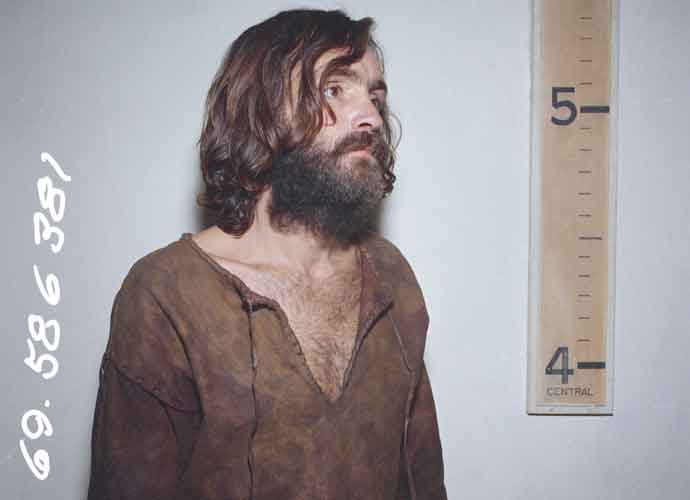‘Helter Skelter: An American Myth’ TV Review: Long-Winded Docuseries Has Nothing To Say

2/5
Is there any story as over-told as Charles Manson’s? No doubt, the cult-of-personality is responsible for some of the most iconic murders in American history, but the same shock that older generations may have felt at seeing supposed hippies commit heinous acts of violence is just not that potent anymore in a society in which inexplicable acts of violence have become the norm.
One is forced to wonder, then, why Helter Skelter: An American Myth even exists. Previous books and films have exposed and explored every aspect of Manson’s madness, many of them more compellingly than this film does. That’s not to say that director Lesley Chilcott does a bad job — the miniseries is far from a disaster in terms of construction — but it’s simply too uninspired to warrant much more than a passing glance.
There’s nothing wrong with telling old stories in new ways, but there’s nothing new about Helter Skelter aside from its release date. It seems to want to tell Manson’s story biographically, psychoanalytically, culturally and musically all at the same time, constantly shifting its focus without ever centering in on one novel perspective. The intended effect is likely meant to be kaleidoscopic, but it feels more like a hall of mirrors — constantly seeing contortions of the truth without ever being able to access it.
For a series that pushes six hours in length, Helter Skelter also does a shocking amount of backtracking. Stories and vocal snippets are introduced in one episode only to be repeated verbatim a couple of episodes later; while this may have flown a couple decades back, in the age of binge-watching it just becomes tiresome. Moreover, the chronology of the entire series is deeply confused, and it’s often difficult to tell where one is in the story before Chilcott whips us back to a previous narrative.
If the documentary has one highlight, it’s the frequent inclusion of interviews with women who were actually in the Manson family at the time. Their insight into the man, how he operated, and how life in their sub-society changed over time is genuinely thrilling to hear — it’s a shame that their voices are so often left out of these kinds of narratives. Unfortunately, the great moments these women provide are often drowned out by dilatory exposition of facts and details many viewers either will already be familiar with or just seem irrelevant. The episode which focuses on Manson’s childhood is a real slog in this regard: the constant interjection of “experts” trying to connect the man’s turbulent childhood to his later crimes is just exhausting and completely unenlightening.
The series, as a whole, is a catch-22: it’s not interesting enough to capture the attention of anyone but people deeply interested in Manson’s story, but those with that level of interest will likely already know everything this documentary has to say. It’s a shame that Chilcott declined to try and adopt a new perspective on what is undoubtedly an extremely interesting chapter in American cultural history — her miniseries suffers for it.
Helter Skelter is now available on EPIX.
RELATED ARTICLES
Get the most-revealing celebrity conversations with the uInterview podcast!







Leave a comment